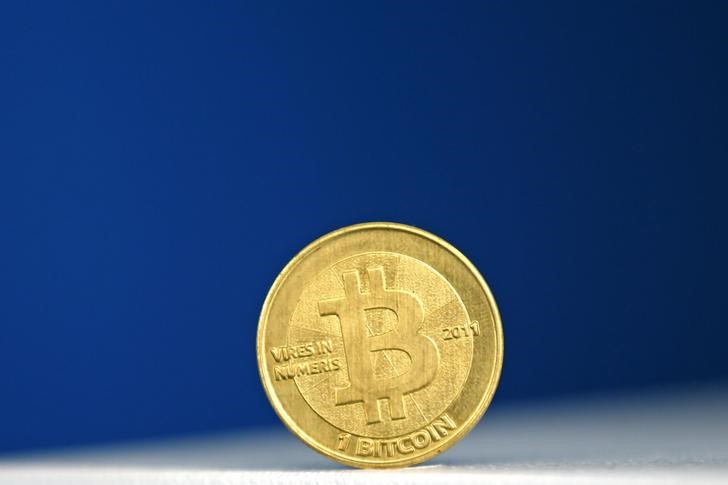Bitcoin Mining Difficulty Hits Record High: Surpassing 100 Trillion
Bitcoin mining difficulty increased by 6.2% in the latest adjustment made on Tuesday, surpassing the 100 trillion mark for the first time and rising to 101.7 trillion. This new peak occurred at a block height of 868,896, according to blockchain researcher Mempool, leaving behind the previous record of 95.7 trillion set just two weeks prior. Bitcoin's mining difficulty is a relative measure rather than a fixed unit, and it is adjusted every 2016 blocks (approximately every two weeks) to ensure a new block is found every 10 minutes.
According to Clark Moody's dashboard, prior to the last adjustment, Bitcoin blocks were being mined at a faster average rate of nine minutes and 27 seconds per block. The high difficulty level means that miners require more computational power and energy to find the correct hash for the next block. An increase in the number of miners leads to higher difficulty, while a decrease in mining activity lowers the difficulty level, making it easier for the remaining miners.
The Bitcoin network's hash rate has reached historic levels. The hash rate, which measures the computational power provided by miners on the Bitcoin network, recently surpassed 750 EH/s for the first time, reaching a record seven-day moving average of 755.5 EH/s, according to The Block's data dashboard. This increase indicates that Bitcoin's hash power has grown significantly, and this trend has become particularly evident in the hash network dominated by U.S. miners.
After the halving of block rewards in April, Bitcoin miners experienced a significant drop in their revenues. At that time, the seven-day moving average earnings fell from $72.4 million to a range of $25 to $35 million. Although the hash price dropped to record low levels, it has since recovered and shown some upward movement. The hash rate started to rise again after hitting a low in June, supported by market share consolidation and upgrades to mining hardware.
Bitcoin market and mining opportunities. Stocks of AI-focused companies such as Core Scientific (CORZ), Iris (IREN), and Terawulf (WULF) have outperformed companies primarily engaged in Bitcoin mining like CleanSpark (CLSK), Riot Platforms (RIOT), and Marathon Digital Holdings (MARA). This trend indicates distinct differences in the strategies of publicly traded Bitcoin miners in 2024. These strategic changes are reshaping the dynamics of mining operations through new capacity utilization and hardware upgrades.
Bitcoin is showing positive movement today after a six-day decline. Increasing by 1.5% on a daily basis, Bitcoin is trading around $68,800 before U.S. trading hours. Elections in the U.S. will be closely monitored today, with expectations for an increase in volatility for cryptocurrencies in the coming hours.


